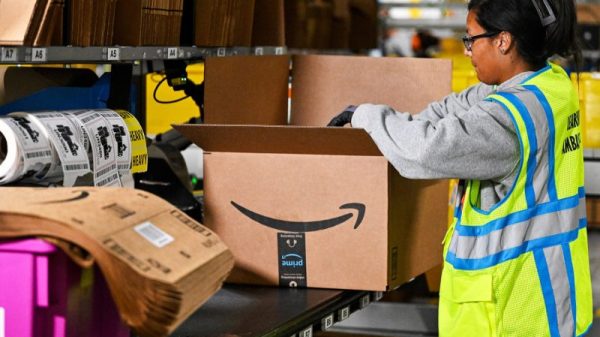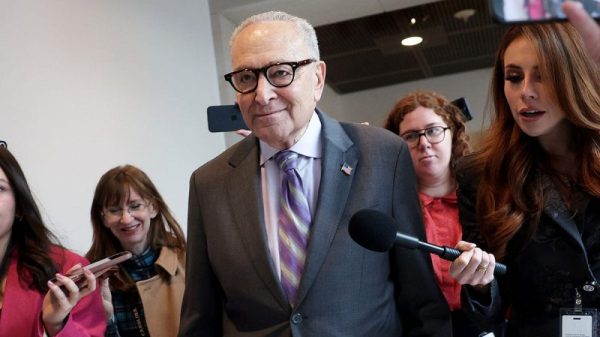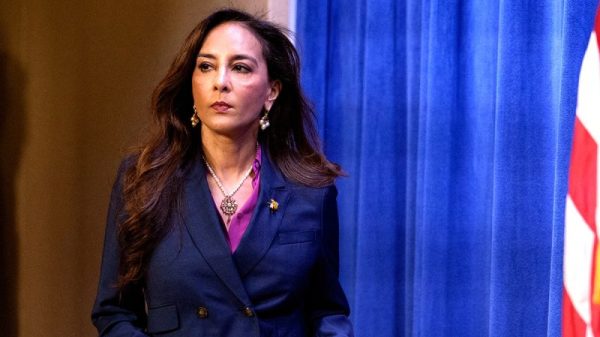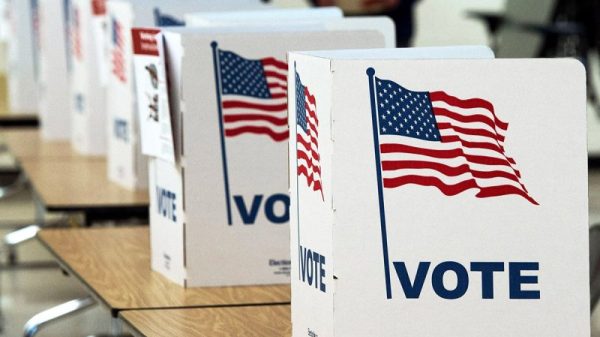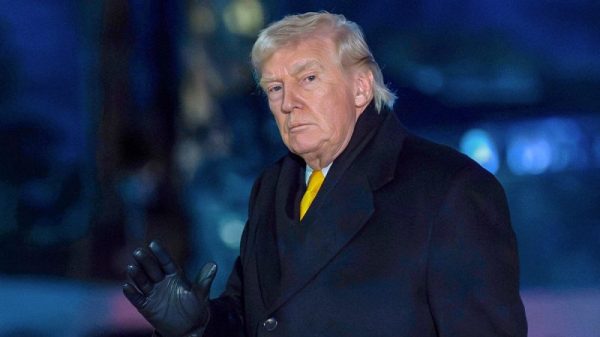This week there will be countless reflections on the incredible accomplishments of the American Civil Rights Movement. There will be celebrations of the monumental life and works of Dr. Martin Luther King, Jr. There will be reflections on the successes and shortcomings of the landmark Civil Rights Act of 1964 and the subsequent Voting Rights Act of 1965. But there will inevitably be few essays extolling perhaps the most important mechanism of the whole movement: the free market.
While the milestone Supreme Court cases of the 1940s and 1950s, culminating with the Brown v. Board of Education ruling in 1954 were foundational to the Civil Rights Movement, the grassroots organizing that would ultimately define the movement started at a bus stop in Montgomery, Alabama. On the evening of December 1, 1955, Rosa Parks, a longtime NAACP activist who had worked to help get legal justice for victims of sexual violence, boarded a public bus in the downtown district of the Alabama capital. Within just a few blocks, Parks was instructed to give up her seat for the surplus of white riders that had boarded and to move further back on the bus. Parks refused. The bus driver called the police. Parks was arrested. The following week, the black community in Montgomery launched a yearlong, highly organized protest that would change American history forever.
At the heart of the legendary Montgomery Bus Boycott was the transformative and liberating power of the free market. In an effort to make public transit affordable for the city, Montgomery had signed a contract with the Minnesota-based bus company National City Lines. Since the turn of the twentieth century, city laws had required racial segregation in public spaces, including transit lines. The Montgomery City Line, of course, had to follow public ordinances in order to operate legally, but they still had an overarching mandate dictating their business: the need to make a profit. In order to maximize their profitability in the face of a strikingly inefficient (not to mention discriminatory) social system like segregation, the bus company implemented a flexible seating protocol that accommodated the change in racial make-up of bus passengers from one stop to the next. The protocol employed a moveable sign to adjust the size of the bus’s “whites only” section. Under local law and custom, white riders were preferenced over the comfort of black riders. The economics of making a profit, however, required a much different reality. Black riders’ ticket purchases were essential to making the bottom line for the bus company.
Racist government regulations could impose burdens on businesses, but they did not alleviate the realities of the free market. Profits required reserving space — even if it was a less socially preferable space — for paying black customers. This gave those riders buying power and, ultimately, political power. The immutable laws of markets enabled Montgomery’s black community to use the withholding of bus fares through the organized boycott to effectively turn the city bus company into an ally for legal reform. Because the company needed the dollars from black ticket purchases, they had no choice but to pressure the city to reform the law. There was not even a need for an immediate change of heart from the bus operators. It was a simple, irrefutable economic reality. The brilliance of the Montgomery Bus Boycott was recognizing the incredible power of black customers in the face of such a demeaning system.
But the effects of the free market did not end there. Bringing the full force of their economic power to bear on the transit system took a full year. Success required a rather vast and reliable alternative transit system to enable black workers the means to continue getting to their jobs on time while withholding their bus fares. Here too, the free market offered a workable solution. Though a generation earlier car ownership had largely been the privilege of a predominantly white elite, car ownership had expanded rapidly in the postwar economy, creating feasible alternatives even for those who faced regular discrimination. The free market showed no preference for skin color. Black dollars could buy just the same as white ones. This was immensely empowering for black Americans. And where government enforced solutions to segregation (a problem created by government capture in the first place), it only took one year for the free market to dismantle the racist transit system in Montgomery.
So as we honor the amazing life and work of Dr. King and the many others who have fought for racial equality in the United States, let us not forget the most effective system devised for the elimination of inequality: the free market.










